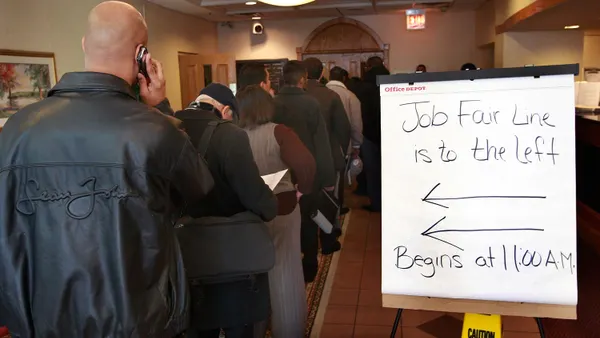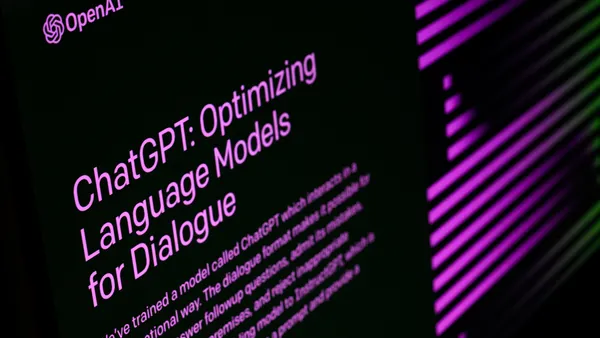While desk workers are generally optimistic about how generative AI will affect their jobs, 62% of those surveyed said they do not have the skills to “effectively and safely use” the tech, according to research published July 12 by Salesforce — and they expect employers to help alleviate the gap.
Additionally, 70% of business leaders surveyed said they don’t think their teams have the skills to safely use AI, even as the tools become more widely available.
Many of the concerns around generative AI use are around ensuring users leverage the tools with trusted data sources as well as ensuring any first-party data used is secure. Workers also said in the survey that they don’t know how to get the most value out of generative AI.
But around two-thirds of workers surveyed said they expect their employer to “provide opportunities to learn how to use generative AI” — and just as many said their employer does not do so.
Salesforce’s study notes that employers may have a responsibility to aid in this skills gap, in part because generative AI may be a cost-saver and revenue builder, the company said. More than 80% of business leaders surveyed said generative AI may lower overall business costs.
Leading tech companies have already announced new tools specifically aimed at the enterprise market that are based in generative AI functions. These tools can perform tasks ranging from creating job posts to generating learning programs, pointing to their growing ubiquitousness. And according to a report from Productboard, nine in 10 venture-capital backed companies plan to launch generative AI in their products, many of them before the end of the year.
“AI has the potential to transform jobs across every industry and specialty,” Brent Hyder, president and chief people officer of Salesforce, said in a statement. “Employers must anticipate these kinds of seismic technological shifts and provide resources and training to ensure the success of their employees, customers, and ultimately their business.”












